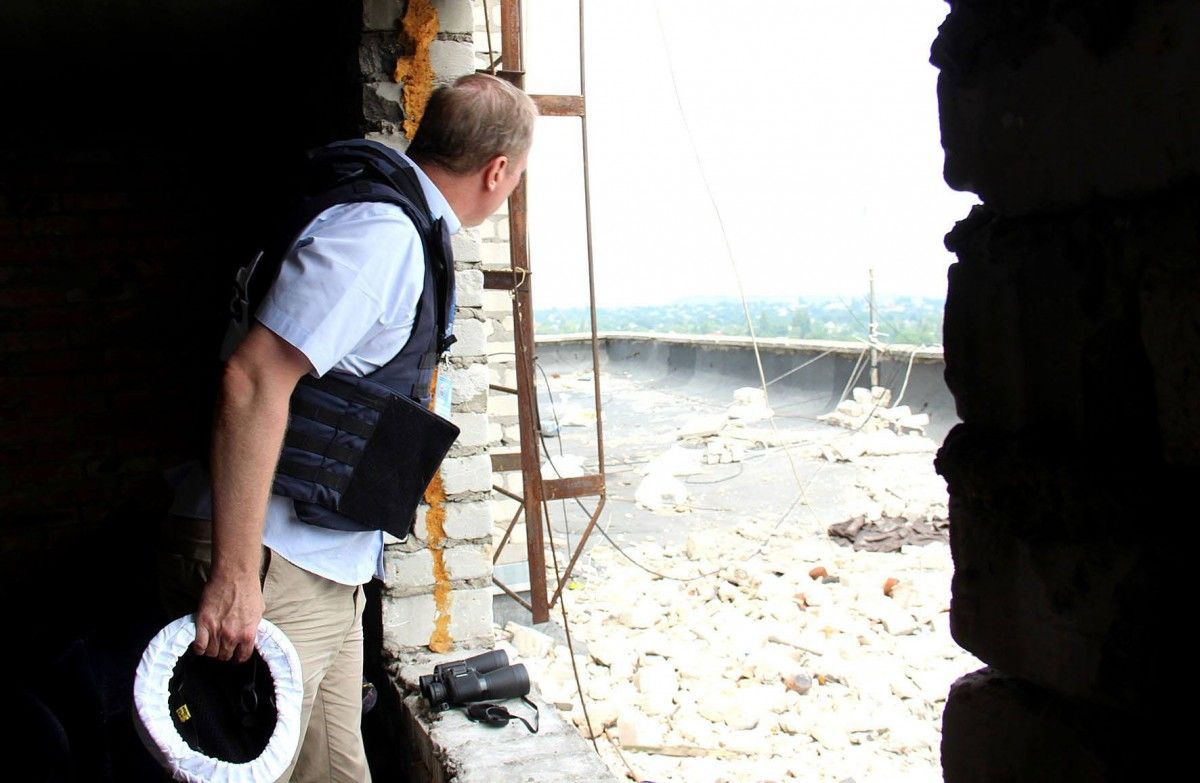
"Russia has expressed concern about the security of Russian-speaking people in eastern Ukraine. And quite frankly the only area where Russian-speaking people are suffering is in the area controlled by Russian forces. So if there is a different way to provide security for people without the presence of the Russian forces there that would probably be better for everybody as well," he told Deutsche Welle in an exclusive interview posted on August 29.
As UNIAN reported earlier, only one out of twenty Ukrainian citizens identifies themselves as Russian, according to a survey conducted by the Gorshenin Institute in cooperation with the Friedrich-Ebert-Foundation to Ukraine and Belarus.
Read alsoNo one needs "Russkiy Ivan"Nine out of ten respondents (92.6%) consider themselves Ukrainians, while every twentieth (5.5%) Russian, the report said. The study also showed that the overwhelming majority of respondents (81.8%) identify themselves as citizens of their country, Ukraine. At the same time, over half of the respondents who are ethnic Russians speak of themselves as citizens of Ukraine (55%). Almost a quarter of them identified themselves as citizens of the former Soviet Union (24.8%). In this regard, sociologists note that it’s mostly those living in eastern Ukraine (12% of the region's residents) and those over 60 years of age (10.5% of this age group) refer to themselves as citizens of the former Soviet Union. Young Ukrainians, aged 18-29 (10.2%), as well as respondents living in the north of Ukraine (11.9%) consider themselves citizens of the world.
Some 60.4% of Ukrainians said they mostly communicate in Ukrainian, while 37.8% in Russian, and 1.6% in other languages. Sociologists note that the fact that the residents of the occupied territories, who have not participated in the study and most of whom are traditionally considered Russian speakers, could affect the final outcome of the survey on this indicator. People mostly communicate in Russian in the east of Ukraine (74.7%), while in the country's west Ukrainian language dominates absolutely (96.5%).

